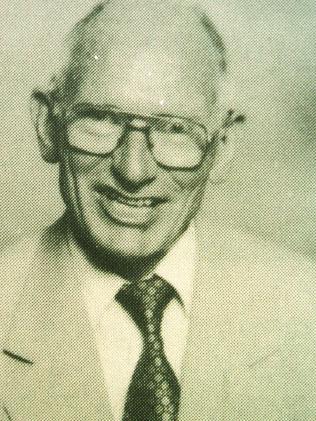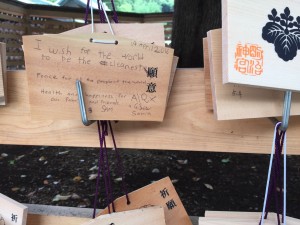Managing yourself
So much of leadership comes down to being able to manage yourself.
A number years ago I observed a person collapse under the stress of the leadership role he was in. You could tell when he was under stress. He would storm back and forth from the photocopier, muttering things under his breath as he went. He would express his views on the management of the organisation openly in his work area. He would be working late, but make it very clear that it was because the others weren’t carrying their weight.
It didn’t end well. He resigned, stating that it was all the organisation’s fault and the demands placed on him were unreasonable.
Why does it go well for some and not others? I reflected on this.
Leadership does place demands on you as a person. You are taking on extra responsibility. That isn’t easy. But you cannot begin to lead unless you know, and can manage yourself.
The best leaders never let on that they are stressed. They create a sense of calm that pervades the culture of the organisation. This helps people know that everything is, or will be ok, even in a crisis. Leaders who can do this well engender trust in them.
Great leaders are able to manage three areas of themselves:
- They can manage their emotions: Great leaders know themselves implicitly. They know what ‘pushes their buttons’ and how they respond in difficult situations. They have learnt to regulate their emotions like they can regulate their body temperature. They recognise when they are under stress, when they are not well, or are tired and have the wisdom to defer a decision, or empower someone else to step in if they are not at their peak.
- They manage their health (including sleep): Great leaders know that eating well, getting enough good sleep, and maintaining a good level of fitness helps in the management of stress. They know that a bit of time out exercising helps put things in perspective and creates some thinking and reflection time.
- They can manage their ego: Great leaders realise that leadership is not all about them; rather, it is about service. They know what they value and what their purpose in life is. They know that if those values and purpose are inward looking, i.e. all about ‘me’, they will never rise above mediocrity. Instead, if their values and purpose are based on a higher being, they will achieve greatness.
The last area, managing ego, is easier said than done. What does it mean to manage your ego? It means being willing to completely forgo the attention, the affirmation and the glory and readily offer it to another: true humility. In Jesus’ words, “If you cling to your life, you will lose it; but if you give up your life for me, you will find it” (Matthew 10:39).












